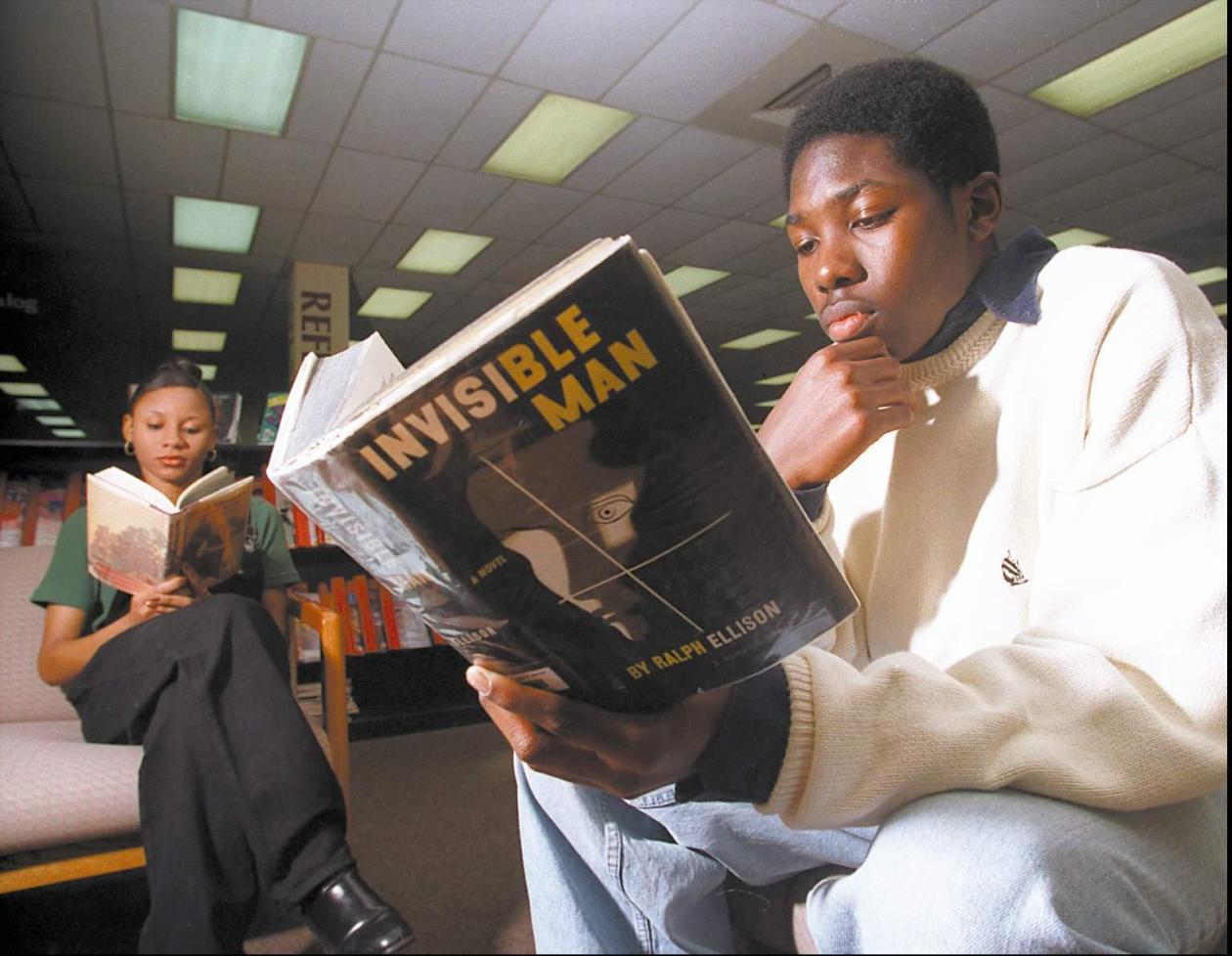College Challenges Your Sense of Smartness
You just got your grades back from your first test or paper and you probably feel like you were blindsided. You thought you studied hard, but the results seem like you were handed someone else’s paper or exam. What just happened?
If you’re suffering from a crisis of confidence, take heart. Here’s some advice to put you back on the path to success.
Your Attitude Determines Your Altitude
In my years as a college administrator, I noticed that the students who ultimately do well in school react in a different way to the crisis of confidence than the students who ultimately do poorly or get mired in mediocrity.
Those top students realize that the approach they used in high school is no longer working for them, and they decide to change it up. They’re not afraid to learn from the best, to ask questions, or to model their behavior after those who were excelling. Their mindset says, “I must get better, and I will.”
On the flip side, the other student also makes a decision, but this decision is more likely to hurt his chance of college success: This student seeks out others who are struggling as much as he is. Rather than partnering with someone who’s doing well— because doing so would be considered an indictment of his own abilities— he links up with others who are also struggling. (I’m deliberately using “he” here because while both male and female students can behave this way, it’s far more common among guys.) These new friends coalesce around low expectations and low performance. They celebrate mediocrity, and poor grades become a point of celebration, rather than a point of shame and a spur to greater efforts. The posse masks their own sense of self-doubt.
Why Attitude Matters
No quote captures the essence of what I believe on this subject better than William James, who said, It is our attitude at the beginning of a difficult task which, more than anything else, will affect its successful outcome.
Your attitude precedes your actions, which in turn affect what you accomplish. Your beliefs (or attitude) are linked with the goals you set, and your motivation to achieve those goals. If you believe you’re going to be successful, you’re more likely to set ambitious goals and then put forward the effort to achieve them. On the other hand, if you have a self-defeating attitude, you’ll probably set low goals – or even no goals! – so you won’t feel bad about yourself for not achieving them. You certainly won’t feel motivated to achieve them.
So what can affect your attitude? Or to put it more practically, how can you effect your attitude?
Embrace Effort
Growth-mindset people embrace effort as a means to learning and mastery. They thrive when they embrace challenge and when they begin to understand or do something they couldn’t do before. They aren’t ashamed to ask questions, seek out help, or otherwise “look dumb,” because they keep the big picture in mind: Mastery!
They realize that theirs is a process toward mastery or proficiency, and not just about looking good or feeling smart. While people who feel they can’t get any smarter (see my post about fixed- and growth-minded people at https://karlwreid.com/2013/03/23/attitude-shift-part-ii-adopt-a-growth-mindset/) fixed-mindset types see effort as an unwelcome reminder of their “deficiencies.” Growth-minded thinkers know that it sometimes takes prodigious, concentrated effort to get there – effort that has the power to transform them as a person.
What About You?
Make a decision to approach every task and every situation with the belief that success is possible. That haunting question about whether or not you’re smart enough? Take it off the table. Your attitude can shape your aptitude. You are smart — and you can become smarter.
Working Smarter Takeaways: The Attitude Shift
- Don’t be surprised when college challenges your sense of smartness. What matters is how you respond to the challenge.
- Attitude Matters: Before you learn how to work smarter, you have to decide that you want to work smarter.
- Intelligence is expandable; it can be developed.
- Your Attitude precedes your aptitude. You can get smarter by applying yourself.
- Adopt the growth mindset: “I must get better and I will.”
- If you feel inferior, don’t shrink back, buckle down!
- Never be overconfident; college will humble you. What matters is making a realistic self-appraisal.
- Embrace effort: It’ll make you smarter and build confidence.
Read related Posts:
Attitude Shifts II: Adopt a Growth Mindset
https://karlwreid.com/2013/03/23/attitude-shift-part-ii-adopt-a-growth-mindset/
Week 4: How Do I Prepare for Exams?
https://karlwreid.com/2013/09/19/week-4-how-do-i-prepare-for-exams/
Week 3: Find Your Posse in College
https://karlwreid.com/2013/09/07/week-3-find-your-posse-in-college/
Week 2: How Do I Make Critical Connections in College?
https://karlwreid.com/2013/08/31/week-2-how-do-i-make-critical-connections-in-college/
Week 1: How Do I Get a Fast Start in College?
https://karlwreid.com/2013/08/24/week-one-how-do-i-get-a-fast-start-in-college/



